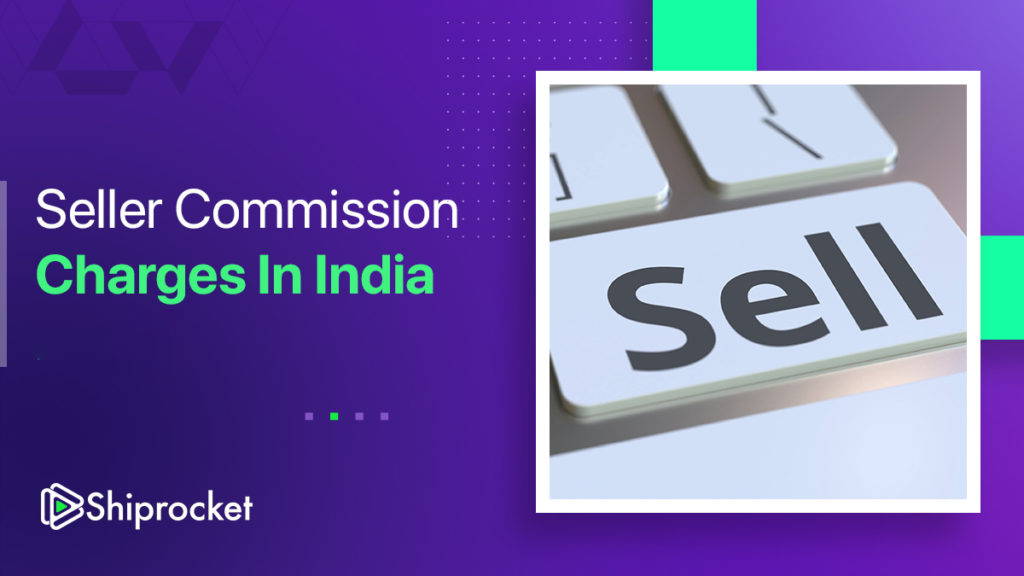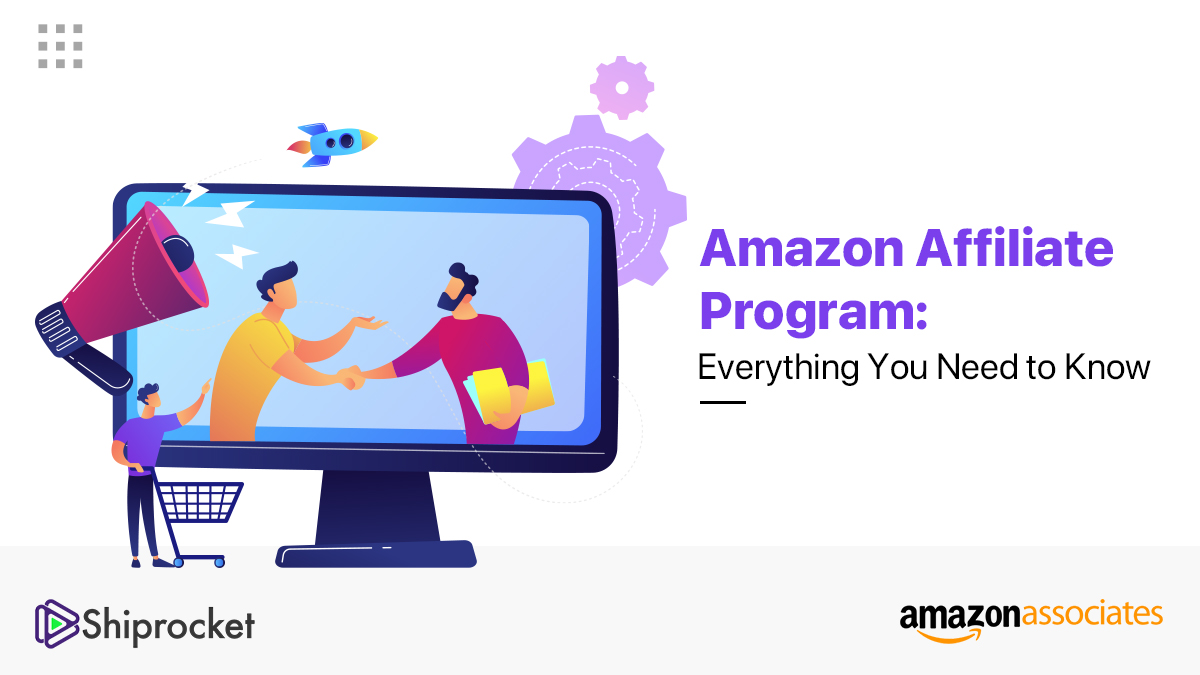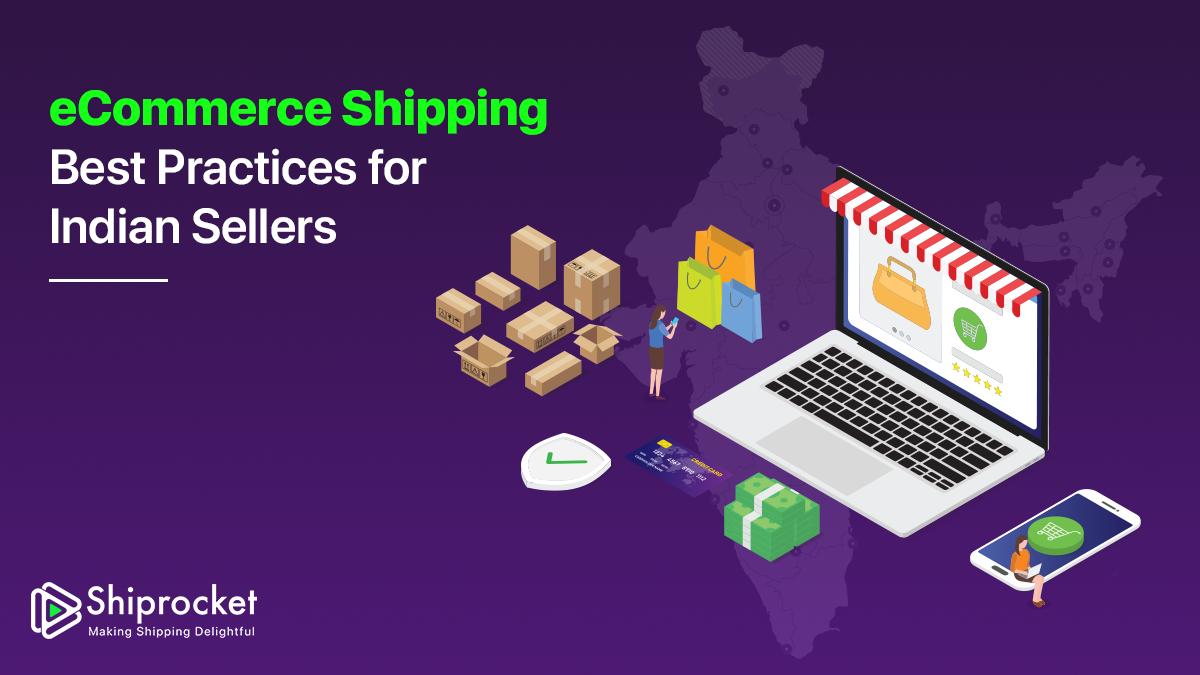Do’s And Don’ts Of eCommerce SEO Strategy
In today’s world, while digital experiences and multi-channel platforms are constantly evolving, customers are nowhere behind. The way your customers shop online is changing every day. In such a competitive age of omnichannel eCommerce, your content should be unique and engaging enough to urge users to purchase your products across multiple devices. For your content to be easily available for customers, you need to improve your site’s Search Engine visibility across platforms.
What Is Search Engine Optimization?
Search Engine Optimization (SEO) is the process of driving traffic to your online store by increasing the visibility of the website or webpage to users of a web search engine. “Search” is one of the biggest sources to increase traffic. In fact, nearly 60% of all the traffic on the web begins with a Google search. Adding traffic from other popular search engines such as Bing, Yahoo, etc, 70% of all the traffic originates from a search engine.
Search Engine Optimization (SEO) is a constantly evolving process, as the search engines which use a variety of algorithms are changed and updated daily. An eCommerce site requires the same amount of attention when it comes to Search Engine Optimization as any other informational website. Having hundreds of products in your eCommerce store will be of no good if the individual products are not search-friendly. Your ranking in search engines plays a crucial role in helping you thrive as a marketer and boost the growth of your business.
Here we will tell you a few of the most important dos and don’ts of a good SEO strategy for your eCommerce store. Let’s get started!
Dos Of An eCommerce SEO Strategy
Write Unique Product Description
Write a unique, compelling and detailed product description for each product that you own. Make sure not to copy-paste the description of a product from the manufacturer’s site and instead write one of your own. Write product descriptions that are at least 150 words in length. Identify frequently searched and relevant keywords associated with your products and incorporate them and their variations.
Add Meta Descriptions & Title Tags
Adding meta descriptions and title tags on each web page of your online store are extremely crucial to help you with SEO. These are descriptions that are placed on each page so that Google knows what these pages are about. While it is important to keep these as unique as possible, you should also mention the specific product in your meta description and the title for better optimization.
Include Customer Reviews In Your Website
Including customer reviews on your eCommerce website can act as gold for your business. Positive reviews on your site can help grow your organic rankings on Google. Showcasing customer reviews not only increases the authenticity of your eCommerce store, but it also leads to higher conversion rates among customers.
Add An FAQ Section To Your Website
For any eCommerce owner or any other business owner, the audience is everything. To keep your audience well-informed about your store, adding an FAQ section is crucial. Without an FAQ page, your visitors would need to contact you in person and wait for a callback. Honestly, most of your audience doesn’t have that much time to spare. An updated FAQ page will not only save your audiences’ time but also your time and will also help in making your website more efficient.
Don’ts Of An eCommerce SEO Strategy
Keyword Stuffing
Adding keywords to all your content is extremely important. However, keyword stuffing can end up being dangerous for your eCommerce store. Adding an excessive number of keywords doesn’t really help your customers. While writing the content, think about your reader base instead of thinking about Google. Think about what are they searching for and what they want to read on your webpage. This will help you in keeping it natural, without hampering the quality of your website’s content.
Slow Page Load Time
Every second counts!
Your customers won’t stay on your site if it takes too long to load. People will hardly spend a few seconds on your website, not minutes. There are high chances that you will lose out on customers even before they open your website pages if you don’t take care of slow loading time. If you want to provide a satisfying experience to your searchers, you cannot allow for a long loading time. On average, a desktop page should load in less than 3 seconds, while a mobile page should not take more than 2 seconds to load.
Never Copy Your Competitors
Copying content from your competitor is the worst you can do for your eCommerce store. You definitely should check out the competition to stay in line and draw inspiration, but copying keywords from their content will only rank you lower on google search. Make sure you come up with unique keywords. In case you want to look for high-searched terms with low competition, take a look at the keyword planner tool in Google Adwords.
Customer Experience is the most important aspect you should focus on. If your customer has a reason to come back to your website, there are high chances your website will rank higher on google search results.
Also, did you know Shiprocket 360 comes with a bunch of pre-bundled SEO tools to help boost your online store’s rankings? All themes and HTML are also fully SEO ready so that your site gets extra brownie points with search engines. Earn those extra brownie points by creating a website that is not only loved by your customers but also search engines.







